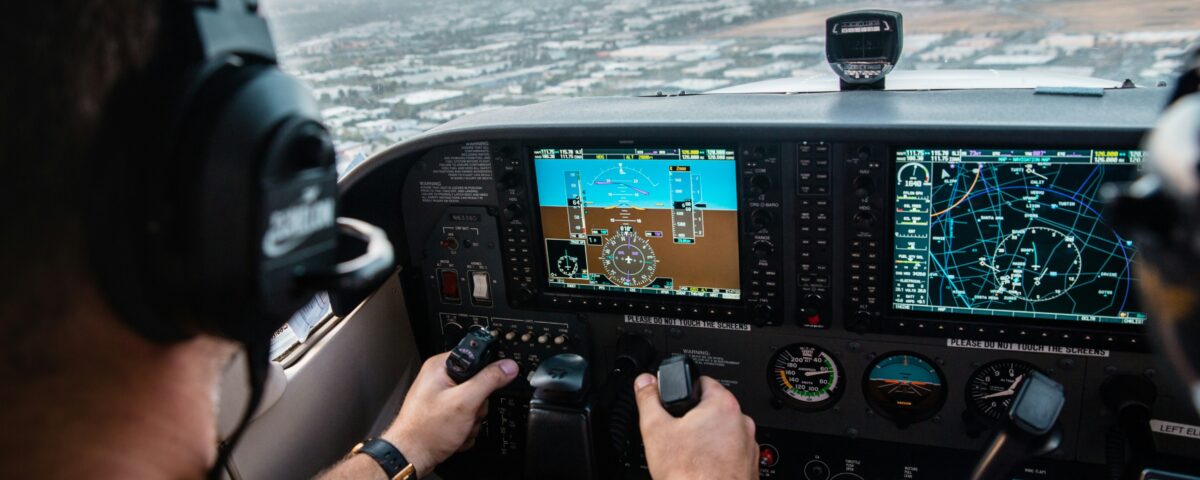The ten skills that make a great helicopter pilot

Helicopter pilots must undergo rigorous training to develop essential skills and knowledge. They learn about aircraft systems, aerodynamics, navigation, weather patterns, emergency procedures, and more. In addition to classroom instruction, pilots also log hours of flight time under the guidance of experienced instructors.
Handling a helicopter requires excellent hand-eye coordination, spatial awareness, and the ability to make split-second decisions. Pilots must be able to maintain control of the aircraft in all conditions, from turbulent weather to tight landing spots.
Safety is paramount in helicopter aviation, and pilots must constantly assess risks and make sound judgments to ensure the well-being of themselves, passengers, and crew. They must be prepared to handle emergencies calmly and effectively, leveraging their training and experience to navigate challenging situations.
The thrill of flying, the sense of accomplishment, and the opportunity to see the world from a unique perspective are just a few of the rewards that come with being a helicopter pilot. It is a demanding but exhilarating profession that offers a unique blend of adventure, skill, and responsibility.
The ten skills that make a great helicopter pilot are:
1. Flying proficiency:
A helicopter pilot must have exceptional flying skills, including the ability to maneuver the aircraft in various conditions and flying environments.
2. Navigation skills:
Helicopter pilots need to have strong navigation skills to effectively plan and execute flight routes, especially in challenging terrain or adverse weather conditions.
3. Communication skills:
Clear and effective communication is crucial for helicopter pilots to communicate with air traffic control, passengers, and crew members during flights.
4. Decision-making abilities:
Quick and accurate decision-making is essential for helicopter pilots, especially in emergency situations where split-second decisions can make a significant difference.
5. Aerodynamics knowledge:
Understanding aerodynamics principles is important for helicopter pilots to optimize the performance and efficiency of the aircraft during flight.
6. Weather awareness:
Helicopter pilots need a good understanding of weather patterns and how they can impact flight operations to ensure safe and efficient flying.
7. Emergency procedures:
Being well-versed in emergency procedures and protocols is critical for helicopter pilots to handle unexpected situations such as engine failures or inclement weather.
8. Aircraft systems knowledge:
Helicopter pilots must have a thorough understanding of the aircraft’s systems and controls to operate it safely and efficiently.
9. Teamwork skills:
Helicopter pilots often work closely with a crew, so having good teamwork skills and the ability to communicate effectively with others is essential.
10. Adaptability:
Helicopter pilots need to be adaptable and able to respond to changing circumstances quickly, whether it’s adjusting flight plans or dealing with unexpected challenges mid-flight.



